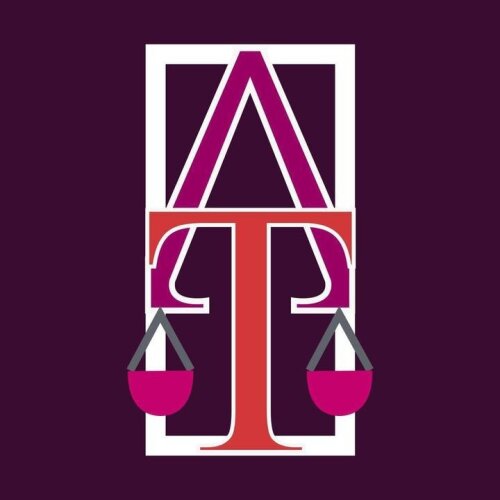Best Arrests & Searches Lawyers in Quezon City
Share your needs with us, get contacted by law firms.
Free. Takes 2 min.
List of the best lawyers in Quezon City, Philippines

Dagsaan Monterde Castillo Law and Notary Public (DMC LAW)
15 minutes Free ConsultationAbout Arrests & Searches Law in Quezon City, Philippines
In the Philippines, the law regarding arrests and searches is regulated by the Philippine Constitution and the Revised Penal Code. The Constitution clearly provides that a person can only be arrested if they have been caught in the act of committing an offence (in flagrante), on the basis of a valid arrest warrant issued by a judge or if the person voluntarily surrenders to the authorities. In terms of searches, the law requires a valid search warrant, except in certain circumstances such as when there is consent to the search or when the search is incidental to a lawful arrest.
Why You May Need a Lawyer
Understanding the complexities of arrests and search laws can be daunting. Therefore, legal guidance is often required, particularly when you're facing potential criminal charges. You could also need legal help to understand your rights during an arrest or a search, and how to effectively handle any violation of these rights. In addition, lawyers can help evaluate the legality of an arrest or search, and can challenge any evidence illegally obtained.
Local Laws Overview
In Quezon City, the rules for arrests and searches are in line with national law. Notably, the Quezon City Police District strictly adheres to these guidelines. Any violation during an arrest or search can be grounds for dismissal of a case or sanction of offending officers. Thus, it is essential to understand the basic rights during an arrest or search, which includes the right to remain silent, to know the reason for the arrest, to have a counsel, and to be brought before a judge within a reasonable time.
Frequently Asked Questions
What are my rights during an arrest?
In the Philippines, during an arrest, you have the right to remain silent and can refuse to answer any question without the presence of your legal counsel. You also have the right to have a lawyer of choice if you can afford one or you may be provided with a government lawyer if you cannot.
What do I do if my rights are violated during an arrest?
If your rights are violated during an arrest or search, you should notify your lawyer immediately. Your lawyer can then file a complaint against the arresting officers and even contest the legality of the arrest or the admissibility of the evidence gathered.
Can the police search my property without a warrant?
In general, the police cannot search your property without a search warrant. However, there are exceptions like when you voluntarily consent to the search or when there are incriminating items in plain view.
Can the police arrest me without a warrant?
Yes, but only under certain circumstances such as when you're caught in the act of committing a crime, when a crime has just been committed and they have cause to believe that you did it, or if you're a prisoner escaping from jail.
What do I do if I am falsely arrested?
If you believe you have been falsely arrested, you should get in touch with a lawyer right away. The lawyer will guide you on how to best handle your situation and avoid self-incrimination.
Additional Resources
For additional resources, you can reach out to the Public Attorney's Office (PAO) for free legal assistance, and the Commission on Human Rights (CHR) for any rights violations during an arrest or search. Also, the Supreme Court of the Philippines and the official government portal (GOV.PH) provide useful information about legal procedures and your rights.
Next Steps
If you are in need of legal assistance regarding an arrest or search issue, immediately consult with a trusted lawyer. If you cannot afford one, contact the Public Attorney’s Office (PAO). Do not speak to the police without your lawyer present. Always remember, the best way to protect your rights is to be knowledgeable about them.
Lawzana helps you find the best lawyers and law firms in Quezon City through a curated and pre-screened list of qualified legal professionals. Our platform offers rankings and detailed profiles of attorneys and law firms, allowing you to compare based on practice areas, including Arrests & Searches, experience, and client feedback.
Each profile includes a description of the firm's areas of practice, client reviews, team members and partners, year of establishment, spoken languages, office locations, contact information, social media presence, and any published articles or resources. Most firms on our platform speak English and are experienced in both local and international legal matters.
Get a quote from top-rated law firms in Quezon City, Philippines — quickly, securely, and without unnecessary hassle.
Disclaimer:
The information provided on this page is for general informational purposes only and does not constitute legal advice. While we strive to ensure the accuracy and relevance of the content, legal information may change over time, and interpretations of the law can vary. You should always consult with a qualified legal professional for advice specific to your situation.
We disclaim all liability for actions taken or not taken based on the content of this page. If you believe any information is incorrect or outdated, please contact us, and we will review and update it where appropriate.
















